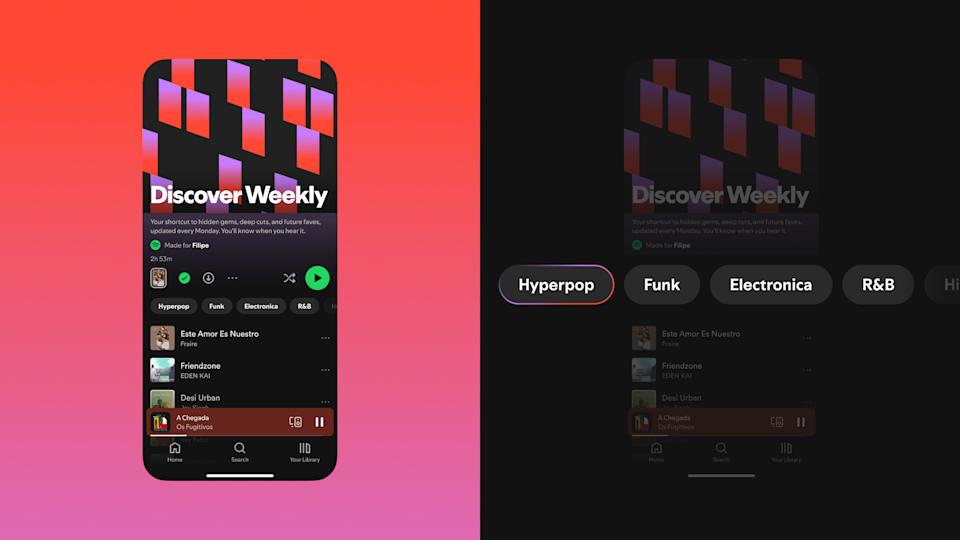Meta, the parent company of Facebook and Instagram, is reportedly developing its own AI-powered search engine, according to a recent report from The Information. This move could significantly reduce Meta’s reliance on Google and Microsoft for providing information within its Meta AI chatbot.
Currently, the Meta AI chatbot, integrated into Instagram and Facebook, utilizes Google and Microsoft Bing to answer user queries about recent news and events. However, this dependence could soon change as Meta seeks to establish its own search capabilities.
Evidence of Meta’s ambitions in the search domain emerged months ago when the company’s web crawler was spotted actively gathering information from the web. Sources indicate that a dedicated team has been working for approximately eight months to build a comprehensive database to power its chatbot.
This initiative aligns with Meta’s broader efforts to expand its data and services. The company has been actively building up location data, potentially to compete with Google Maps. Last month, Bloomberg reported that Apple is also working on search tools within the App Store, highlighting a growing trend among tech giants to develop their own search solutions.
Last week, Meta announced a multi-year partnership with Reuters, granting its chatbot access to Reuters’ news articles for generating responses. This strategic alliance further underscores Meta’s commitment to building a robust and informative search experience.
Meta’s foray into AI-powered search comes at a time when the landscape is rapidly evolving. OpenAI has confirmed its development of an AI search engine called SearchGPT, while Perplexity’s AI search engine has faced legal challenges from News Corp and other publishers regarding copyright and data usage.
Developing its own search engine could provide Meta with several strategic advantages. It would reduce the company’s reliance on external search providers, giving it greater control over the information delivered to its users. It could also open up new opportunities for monetization and data collection.
As the AI search landscape continues to evolve, Meta’s entry could disrupt the status quo and intensify competition among tech giants vying for dominance in this rapidly growing market.





